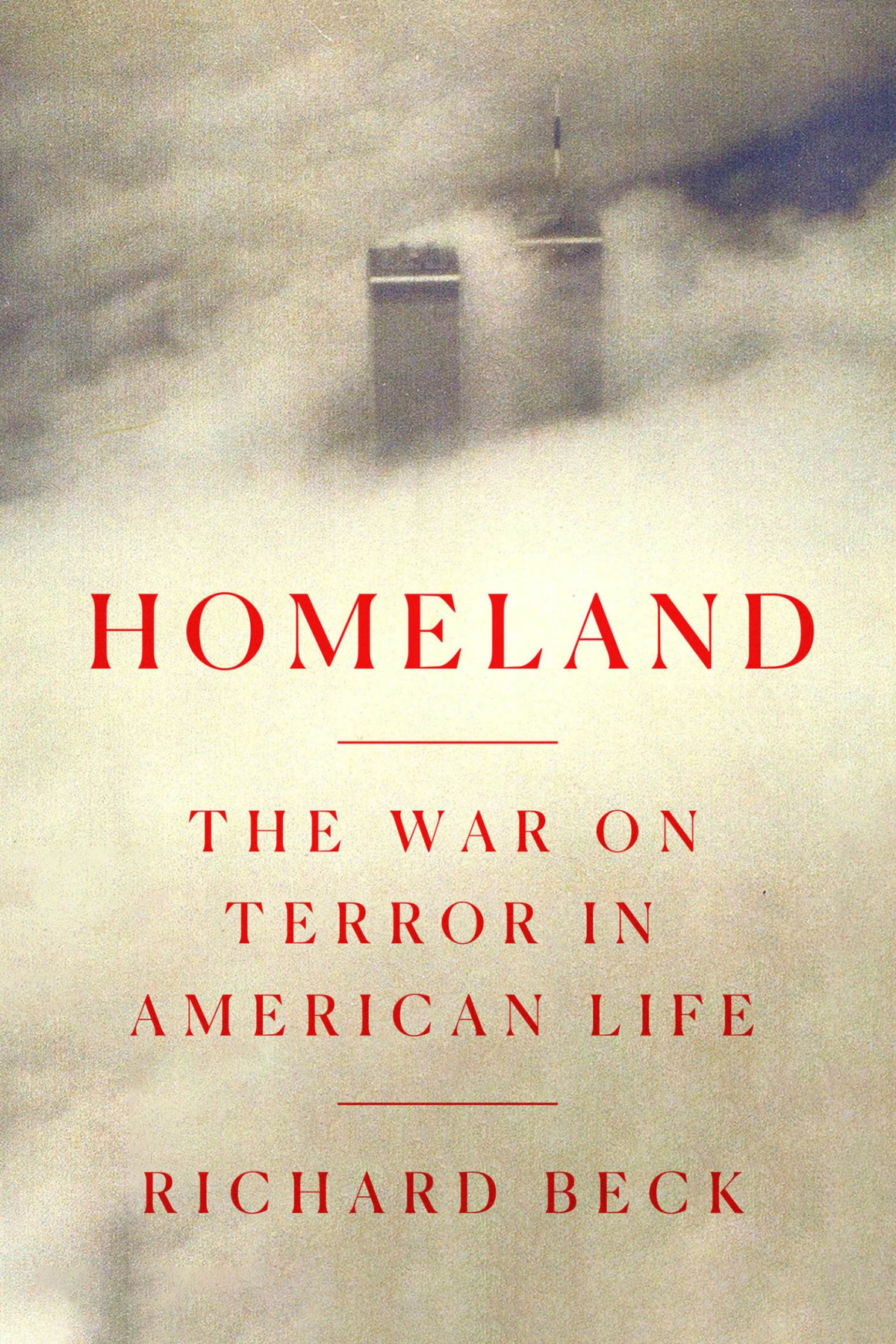

Most ebook files are in PDF format, so you can easily read them using various software such as Foxit Reader or directly on the Google Chrome browser.
Some ebook files are released by publishers in other formats such as .awz, .mobi, .epub, .fb2, etc. You may need to install specific software to read these formats on mobile/PC, such as Calibre.
Please read the tutorial at this link: https://ebookbell.com/faq
We offer FREE conversion to the popular formats you request; however, this may take some time. Therefore, right after payment, please email us, and we will try to provide the service as quickly as possible.
For some exceptional file formats or broken links (if any), please refrain from opening any disputes. Instead, email us first, and we will try to assist within a maximum of 6 hours.
EbookBell Team

4.1
90 reviewsSlightly reduced JPEG quality of book cover, saving 1 MB. Removed forced white color of some HTML elements so that book will display properly in the dark mode of e-book readers. —bookfixer
A groundbreaking history of how the decades-long war on terror changed virtually every aspect of American life, from the erosion of citizenship down to the cars we bought and TV we watched—by an acclaimed n+1 writer“
“Richard Beck, like many people alive today, has spent his adult life living in the shadow of 9/11, and Homeland is a devastating inquiry into the new world that day created.”—Greg Grandin, Pulitzer Prize–winning author of The End of the Myth: From the Frontier to the Border Wall in the Mind of America
For twenty years after September 11, the war on terror was simultaneously everywhere and nowhere. With all of the military violence occurring overseas even as the threat of sudden mass death permeated life at home, Americans found themselves living in two worlds at the same time. In one of them, soldiers fought overseas so that nothing at home would have to change at all. In the other, life in the United States took on all kinds of unfamiliar shapes, changing people’s sense of themselves, their neighbors, and the strangers they sat next to on airplanes.
In Homeland, Richard Beck delivers a gripping exploration of how much the war changed life in the United States and explains why there is no going back. Though much has been made of the damage that Donald Trump did to the American political system, Beck argues that it was the war on terror that made Trump’s presidency possible, fueling and exacerbating a series of crises that all came to a head with his rise to power. Homeland brilliantly isolates and explores four key issues: the militarism that swept through American politics and culture; the racism and xenophobia that boiled over in much of the country; an economic crisis that, Beck convincingly argues, connects the endurance of the war on terror to at least the end of the Second World War; and a lack of accountability that produced our “impunity culture”—the government-wide inability or refusal to face consequences that has transformed how the U.S. government relates to the people it governs.
To see American life through the lens of Homeland’s sweeping argument is to understand the roots of our current condition. In its startling analysis of how the war on terror hollowed out the very idea of citizenship in the United States, Beck gives the most compelling explanation yet offered for the ongoing disintegration of America’s social, political, and cultural fabric.